Home>Furniture & Design>Outdoor Furniture>How To Heat An Outdoor Pool


Outdoor Furniture
How To Heat An Outdoor Pool
Modified: January 19, 2024
Discover the best methods for heating your outdoor pool and enhancing your outdoor furniture and design with our expert tips and advice. Keep your pool comfortable and stylish all year round.
(Many of the links in this article redirect to a specific reviewed product. Your purchase of these products through affiliate links helps to generate commission for Storables.com, at no extra cost. Learn more)
Introduction
So, you've set up your dream outdoor pool, and it's the perfect spot for relaxation and enjoyment during the warmer months. However, as the seasons change and the temperatures begin to drop, the idea of taking a refreshing dip in your pool might seem less appealing. This is where pool heating comes into play. By exploring the various options for heating your outdoor pool, you can extend your swimming season and make the most of your investment in a beautiful pool.
When it comes to heating an outdoor pool, there are several factors to consider. The size of your pool, your location, environmental impact, and budget all play a role in determining the most suitable heating solution. Additionally, understanding the different types of pool heaters and their respective benefits can help you make an informed decision that aligns with your specific needs and preferences.
In this comprehensive guide, we will delve into the world of outdoor pool heating, exploring the various types of pool heaters available, including solar, gas, electric, and heat pump heaters. We will also discuss important considerations to keep in mind before making a decision, such as energy efficiency, installation requirements, and maintenance. Whether you're a new pool owner or looking to upgrade your current heating system, this guide will equip you with the knowledge needed to keep your outdoor pool at the perfect temperature, allowing you to enjoy countless hours of aquatic bliss, no matter the season.
Key Takeaways:
- Extend your swimming season and maximize enjoyment by choosing the right pool heater based on factors like climate, pool size, energy efficiency, installation, and budget.
- Consider eco-friendly options like solar and heat pump heaters, and enhance efficiency with pool covers, thermostat automation, insulation, and professional maintenance.
Read more: How Long To Heat A Swimming Pool
Considerations Before Heating Your Outdoor Pool
Before diving into the world of pool heaters, it’s essential to consider a few key factors that will influence your decision-making process. Understanding these considerations will help you select the most suitable heating solution for your outdoor pool.
- Climate and Location: The climate of your location plays a significant role in determining the heating requirements for your outdoor pool. If you reside in an area with mild winters, you may only need a heater to extend your swimming season. However, in colder climates, a more powerful heating system may be necessary to maintain comfortable water temperatures.
- Pool Size: The size of your pool directly impacts the heating capacity required to maintain optimal water temperatures. Larger pools will necessitate more powerful heaters, while smaller pools may be adequately heated with less energy-intensive options.
- Energy Efficiency: As environmental consciousness continues to grow, many pool owners prioritize energy-efficient heating solutions. Understanding the energy consumption and efficiency of different pool heaters can help you minimize your environmental impact and reduce long-term operating costs.
- Installation and Maintenance: Consider the installation requirements and ongoing maintenance of each heating option. Some systems may necessitate professional installation, while others offer simpler DIY setups. Additionally, understanding the maintenance needs of each heater can help you anticipate long-term upkeep costs.
- Budget: Your budget is a crucial consideration when selecting a pool heating system. While certain options may have higher upfront costs, they could offer greater long-term energy savings, potentially balancing out the initial investment over time.
By carefully evaluating these considerations, you can gain valuable insights into the specific heating requirements of your outdoor pool. This knowledge will guide you toward selecting the most efficient, cost-effective, and environmentally friendly heating solution that aligns with your unique circumstances.
Types of Pool Heaters
When it comes to heating your outdoor pool, you have several options to consider, each with its own set of advantages and considerations. Understanding the characteristics of different pool heaters will enable you to make an informed decision based on your specific needs and preferences.
Here are the primary types of pool heaters commonly used to warm outdoor pools:
- Solar Pool Heaters: Utilizing renewable energy from the sun, solar pool heaters are an environmentally friendly option for maintaining comfortable water temperatures. These systems typically consist of solar panels installed on a nearby roof or ground-mounted structure. As pool water circulates through the solar collectors, it is heated by the sun’s energy before returning to the pool. While solar heaters offer an eco-conscious solution, their effectiveness can be influenced by local climate and sunlight exposure.
- Gas Pool Heaters: Gas pool heaters, powered by either natural gas or propane, provide rapid heating, making them ideal for quickly raising water temperatures when needed. These heaters are known for their reliability and ability to maintain consistent warmth regardless of external conditions. While they may have higher operational costs compared to other options, gas heaters are well-suited for heating pools in colder climates and for on-demand heating requirements.
- Electric Pool Heaters: Electric pool heaters utilize electricity to warm the water in your pool. These heaters are known for their ease of installation and ability to maintain consistent temperatures. While they may have lower upfront costs compared to gas heaters, electric heaters can result in higher long-term operational expenses, particularly in regions with elevated electricity rates.
- Heat Pump Pool Heaters: Operating similarly to air conditioning systems in reverse, heat pump pool heaters extract warmth from the surrounding air and transfer it to the pool water. These heaters are renowned for their energy efficiency, making them an environmentally conscious choice. While they may have higher initial costs, heat pump heaters can provide significant long-term savings through reduced energy consumption.
Each type of pool heater offers distinct benefits and considerations, and the most suitable option for your outdoor pool will depend on factors such as climate, budget, and environmental impact. By exploring the unique features of each heater, you can make an informed decision that aligns with your heating requirements and sustainability goals.
Solar Pool Heaters
Solar pool heaters harness the abundant and renewable energy of the sun to warm the water in your outdoor pool, offering an environmentally friendly and cost-effective heating solution. These systems consist of solar collectors, typically installed on a nearby roof or ground-mounted structure, through which pool water circulates to absorb heat from the sun’s rays before returning to the pool.
One of the primary advantages of solar pool heaters is their eco-conscious nature. By utilizing solar energy, these heaters significantly reduce the carbon footprint associated with heating your pool, making them a sustainable choice for environmentally conscious pool owners. Additionally, once installed, solar heaters can provide a virtually cost-free heating source, as they rely on the sun’s energy rather than traditional fuel sources.
However, the effectiveness of solar pool heaters can be influenced by factors such as local climate and sunlight exposure. In areas with limited sunlight or frequent cloud cover, solar heaters may be less efficient at maintaining optimal water temperatures. Additionally, the initial investment for solar heating systems can be higher than some other options, as it involves the purchase and installation of solar collectors and associated equipment.
Despite these considerations, solar pool heaters offer a long-term return on investment through reduced operational costs and minimal environmental impact. By harnessing the power of the sun, these systems provide a sustainable and reliable means of extending your swimming season and maximizing the enjoyment of your outdoor pool.
Gas Pool Heaters
Gas pool heaters are a popular choice for pool owners seeking rapid and reliable heating solutions for their outdoor pools. These heaters, powered by either natural gas or propane, are known for their ability to quickly raise water temperatures, making them ideal for maintaining comfortable swimming conditions, especially during cooler weather.
One of the primary advantages of gas pool heaters is their efficiency in heating pool water regardless of external conditions. Whether you’re facing a sudden temperature drop or simply want to ensure a warm swimming experience, gas heaters can swiftly elevate water temperatures to your desired level, providing on-demand comfort for you and your family.
Additionally, gas pool heaters are renowned for their reliability and consistent performance. Unlike some other heating options, gas heaters can maintain warmth even in colder climates, making them a preferred choice for pool owners residing in regions with harsh winters or unpredictable weather patterns.
However, it’s important to consider the operational costs associated with gas pool heaters. While these heaters offer rapid and effective heating, they may result in higher ongoing expenses compared to alternative heating solutions. Additionally, the reliance on natural gas or propane can contribute to environmental concerns, particularly in terms of carbon emissions and sustainability.
Despite these considerations, gas pool heaters remain a popular choice for pool owners who prioritize quick and reliable heating, particularly in regions with fluctuating or cooler temperatures. By providing consistent warmth and on-demand heating capabilities, gas pool heaters ensure that your outdoor pool remains a comfortable and inviting oasis, no matter the weather.
Consider using a solar cover for your outdoor pool to help retain heat from the sun and reduce heat loss at night. This can help to keep your pool at a comfortable temperature without relying solely on a heater.
Read more: How To Heat Swimming Pool Water
Electric Pool Heaters
Electric pool heaters offer a convenient and straightforward heating solution for outdoor pools, utilizing electricity to warm the water to your desired temperature. These heaters are known for their ease of installation and ability to maintain consistent warmth, providing a comfortable swimming experience for pool owners and their guests.
One of the primary advantages of electric pool heaters is their accessibility and ease of use. Unlike some other heating options, electric heaters can be installed with minimal complexity, making them a practical choice for pool owners seeking a straightforward heating solution. Additionally, electric heaters can maintain consistent water temperatures, ensuring that your pool remains inviting and enjoyable throughout the swimming season.
However, it’s important to consider the operational costs associated with electric pool heaters. Depending on your location and local electricity rates, these heaters may result in higher long-term expenses compared to alternative heating solutions. Additionally, the reliance on electricity as a power source can impact the environmental sustainability of electric pool heaters, particularly in areas where electricity generation has a significant carbon footprint.
Despite these considerations, electric pool heaters provide a reliable and accessible means of maintaining comfortable water temperatures in your outdoor pool. By offering straightforward installation and consistent heating capabilities, electric heaters ensure that your pool remains a welcoming retreat for relaxation and recreation, allowing you to make the most of your investment in a beautiful outdoor oasis.
Heat Pump Pool Heaters
Heat pump pool heaters offer an energy-efficient and environmentally conscious heating solution for outdoor pools, utilizing the principles of thermodynamics to extract warmth from the surrounding air and transfer it to the pool water. These heaters are renowned for their ability to provide consistent and cost-effective heating while minimizing environmental impact.
One of the primary advantages of heat pump pool heaters is their energy efficiency. By harnessing ambient heat from the air, these systems can deliver significant energy savings compared to traditional heating options. This makes heat pump heaters an attractive choice for pool owners seeking to minimize operational costs and reduce their environmental footprint.
Additionally, heat pump pool heaters provide consistent and reliable heating capabilities, ensuring that your pool remains at a comfortable temperature throughout the swimming season. While they may have higher initial costs compared to some other heating options, the long-term energy savings offered by heat pump heaters can offset the upfront investment, making them a cost-effective choice for many pool owners.
However, it’s important to consider the impact of climate and air temperature on the effectiveness of heat pump pool heaters. In regions with extremely low temperatures, these heaters may be less efficient at extracting heat from the air, potentially impacting their overall performance. Additionally, the installation and setup of heat pump heaters may require professional assistance, adding to the initial investment.
Despite these considerations, heat pump pool heaters provide a sustainable and efficient means of maintaining comfortable water temperatures in your outdoor pool. By offering energy savings, reliability, and environmental consciousness, heat pump heaters ensure that your pool remains a welcoming and enjoyable retreat, allowing you to make the most of your outdoor oasis while minimizing your ecological impact.
Other Considerations for Heating an Outdoor Pool
While selecting the most suitable pool heater for your outdoor oasis is crucial, there are several additional considerations that can further enhance the efficiency, comfort, and enjoyment of your heated pool. By addressing these factors, you can optimize your pool heating experience and make the most of your investment in a welcoming and inviting outdoor retreat.
- Pool Cover: Investing in a high-quality pool cover can significantly reduce heat loss and evaporation, helping to maintain optimal water temperatures and minimize the workload on your pool heater. By covering your pool when it’s not in use, you can conserve energy and reduce heating costs.
- Thermostat and Automation: Incorporating a thermostat and automation system into your pool heating setup can provide precise temperature control and scheduling, allowing you to efficiently manage your heater’s operation and energy consumption.
- Insulation: Ensuring proper insulation for your pool and its surroundings can help retain heat and prevent energy loss, contributing to more efficient and sustainable pool heating.
- Professional Maintenance: Regular maintenance and servicing by qualified professionals are essential for ensuring the optimal performance and longevity of your pool heater. By scheduling routine inspections and upkeep, you can maximize the efficiency and reliability of your heating system.
- Environmental Impact: Consider the environmental implications of your chosen heating solution. Opting for energy-efficient and sustainable heaters, such as solar or heat pump systems, can minimize your ecological footprint and contribute to a greener approach to pool heating.
By incorporating these considerations into your pool heating strategy, you can create a more sustainable, cost-effective, and enjoyable swimming experience for yourself, your family, and your guests. From minimizing heat loss to prioritizing energy efficiency and environmental consciousness, these additional factors can elevate the overall functionality and eco-friendliness of your heated outdoor pool, allowing you to relish countless hours of aquatic bliss throughout the swimming season.
Conclusion
Heating your outdoor pool opens up a world of possibilities, allowing you to extend your swimming season, enhance comfort, and make the most of your investment in a beautiful aquatic retreat. By exploring the diverse range of pool heating options and considering essential factors such as climate, energy efficiency, and budget, you can select a heating solution that aligns with your unique needs and sustainability goals.
Whether you opt for the eco-conscious approach of solar pool heaters, the rapid and reliable heating capabilities of gas heaters, the accessibility of electric heaters, or the energy efficiency of heat pump heaters, each option presents distinct benefits and considerations. Understanding the characteristics of these heating systems empowers you to make an informed decision that will optimize the warmth and enjoyment of your outdoor pool.
Furthermore, by addressing additional considerations such as pool covers, thermostat automation, insulation, and professional maintenance, you can enhance the efficiency, sustainability, and comfort of your heated pool, creating an inviting and eco-friendly oasis for relaxation and recreation.
Ultimately, the choice of a pool heater is a significant decision that impacts not only the functionality of your outdoor pool but also its environmental footprint and long-term operating costs. By carefully evaluating your heating requirements and considering the broader implications of your choice, you can create a comfortable and sustainable swimming environment that aligns with your values and enhances your outdoor living experience.
With the right heating solution in place, your outdoor pool becomes a versatile and enjoyable space, offering countless hours of aquatic delight and serving as a focal point for leisure, entertainment, and rejuvenation throughout the year.
By embracing the diverse array of pool heating options and integrating thoughtful considerations into your heating strategy, you can transform your outdoor pool into a welcoming and eco-conscious haven, ensuring that it remains a source of relaxation, recreation, and cherished memories for years to come.
Frequently Asked Questions about How To Heat An Outdoor Pool
Was this page helpful?
At Storables.com, we guarantee accurate and reliable information. Our content, validated by Expert Board Contributors, is crafted following stringent Editorial Policies. We're committed to providing you with well-researched, expert-backed insights for all your informational needs.
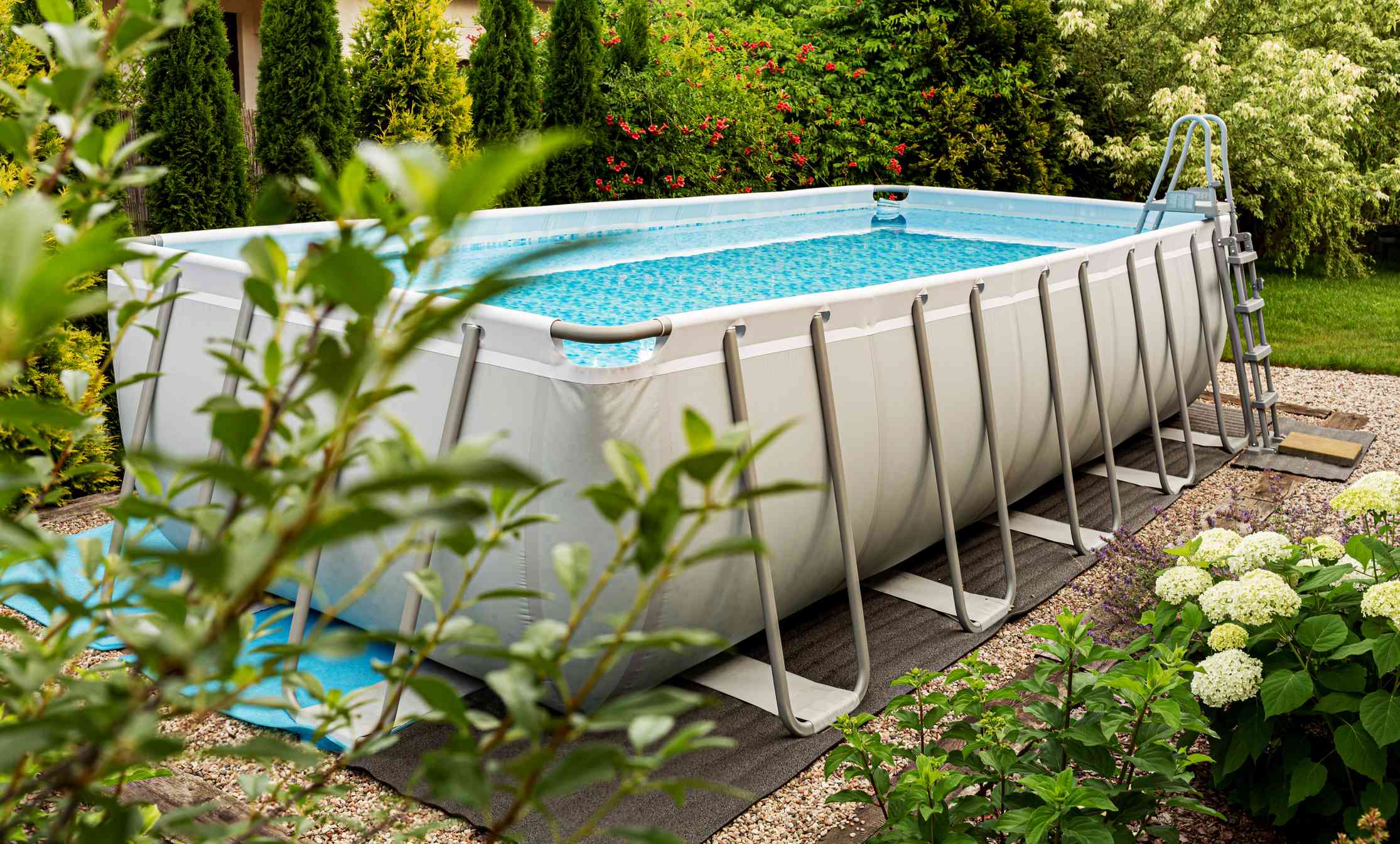
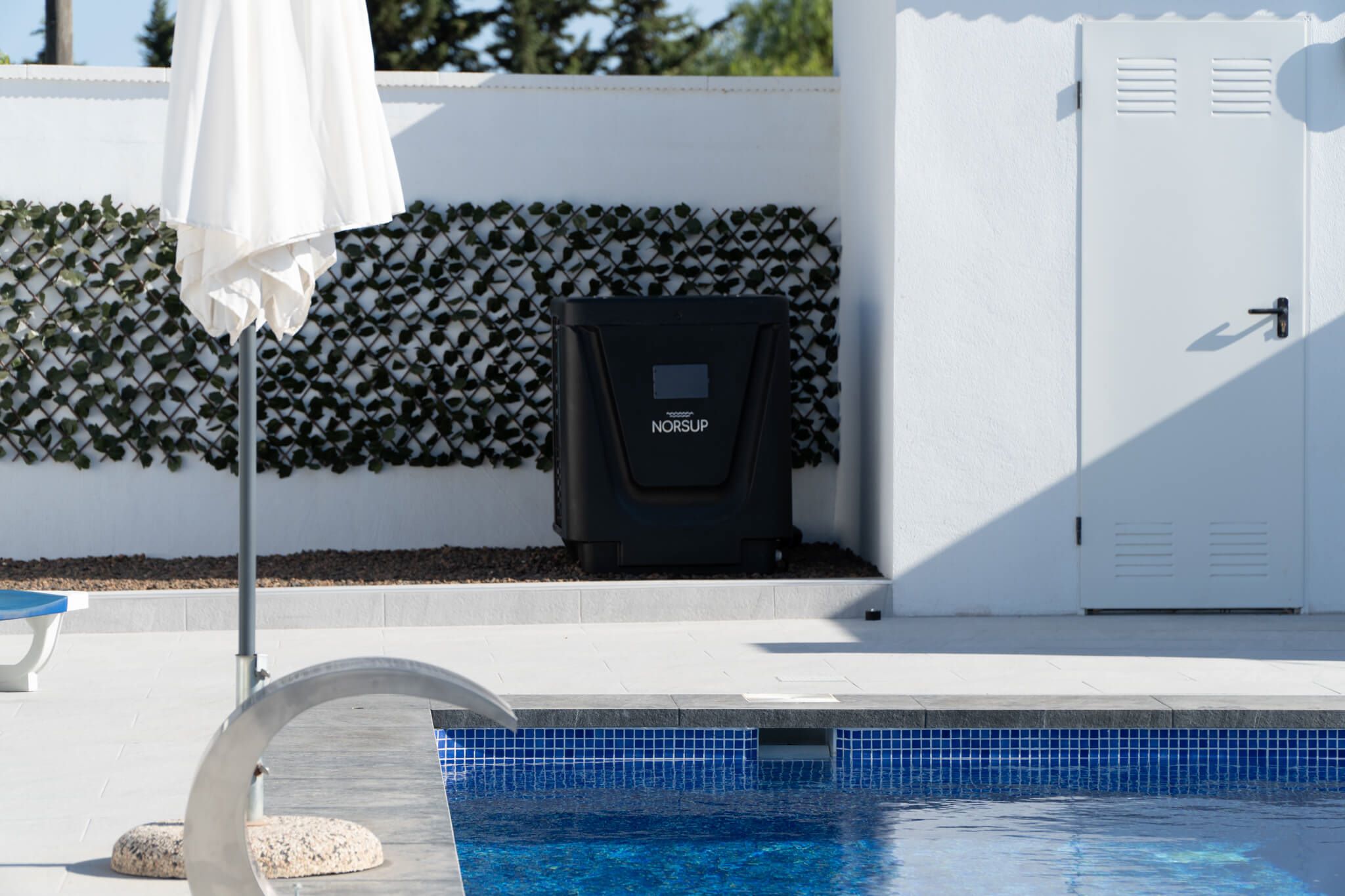
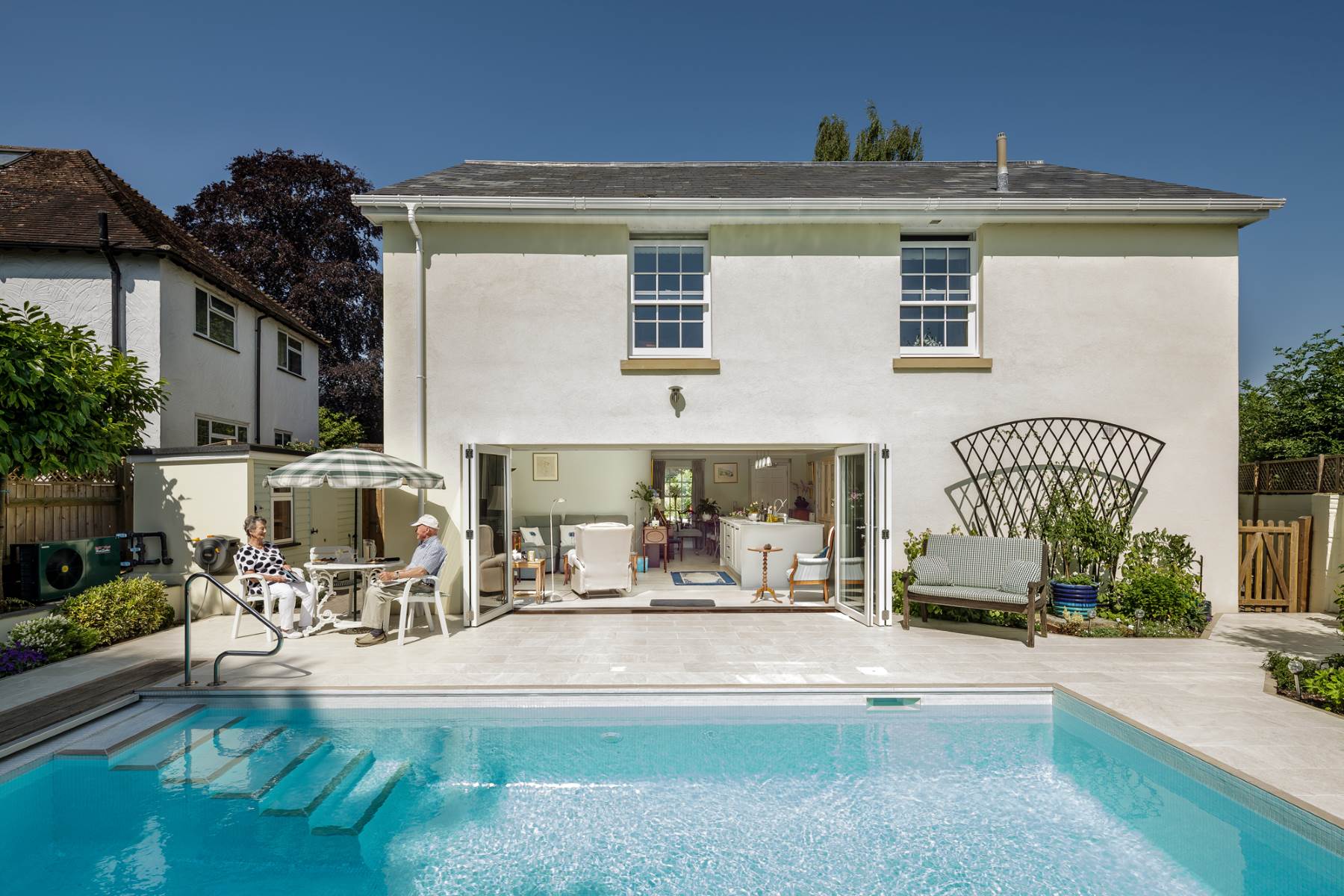
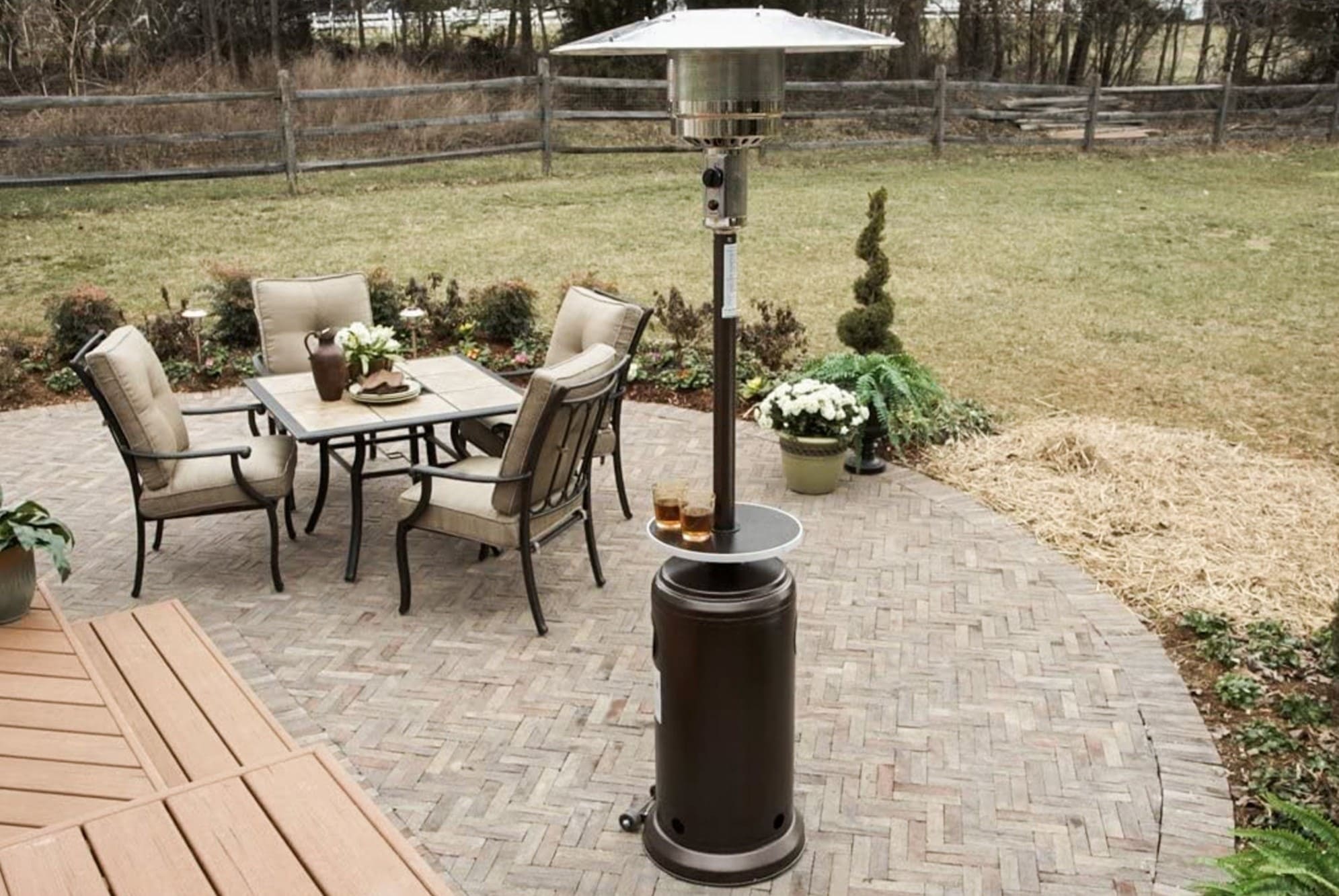
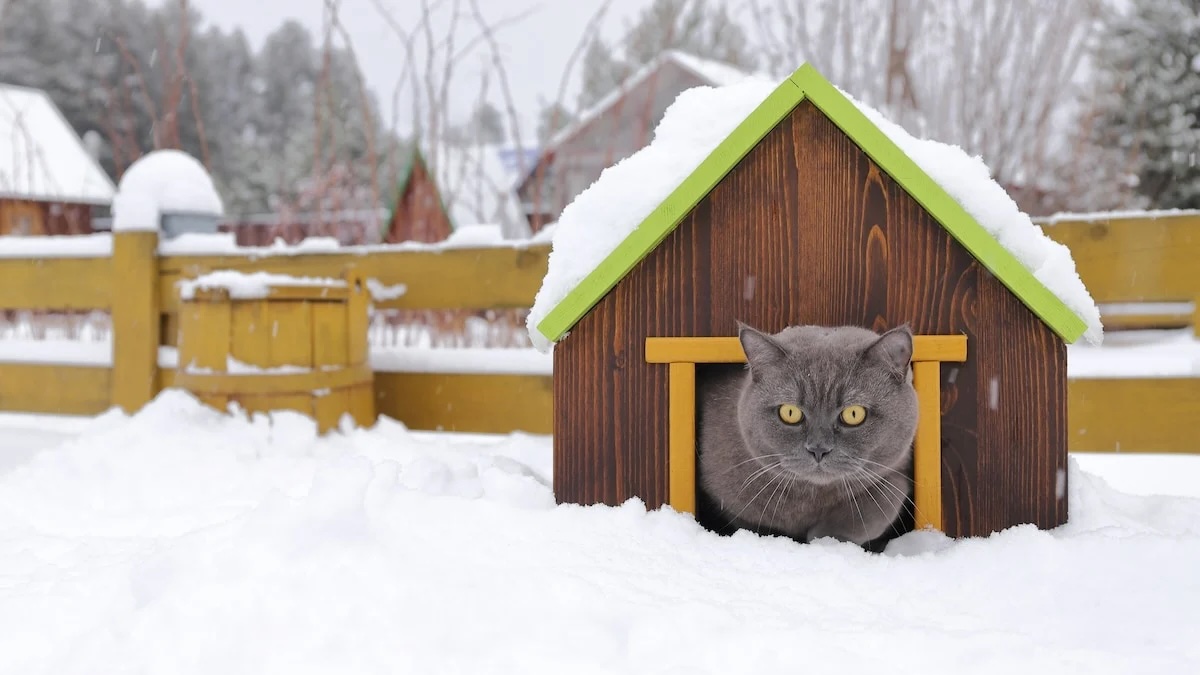
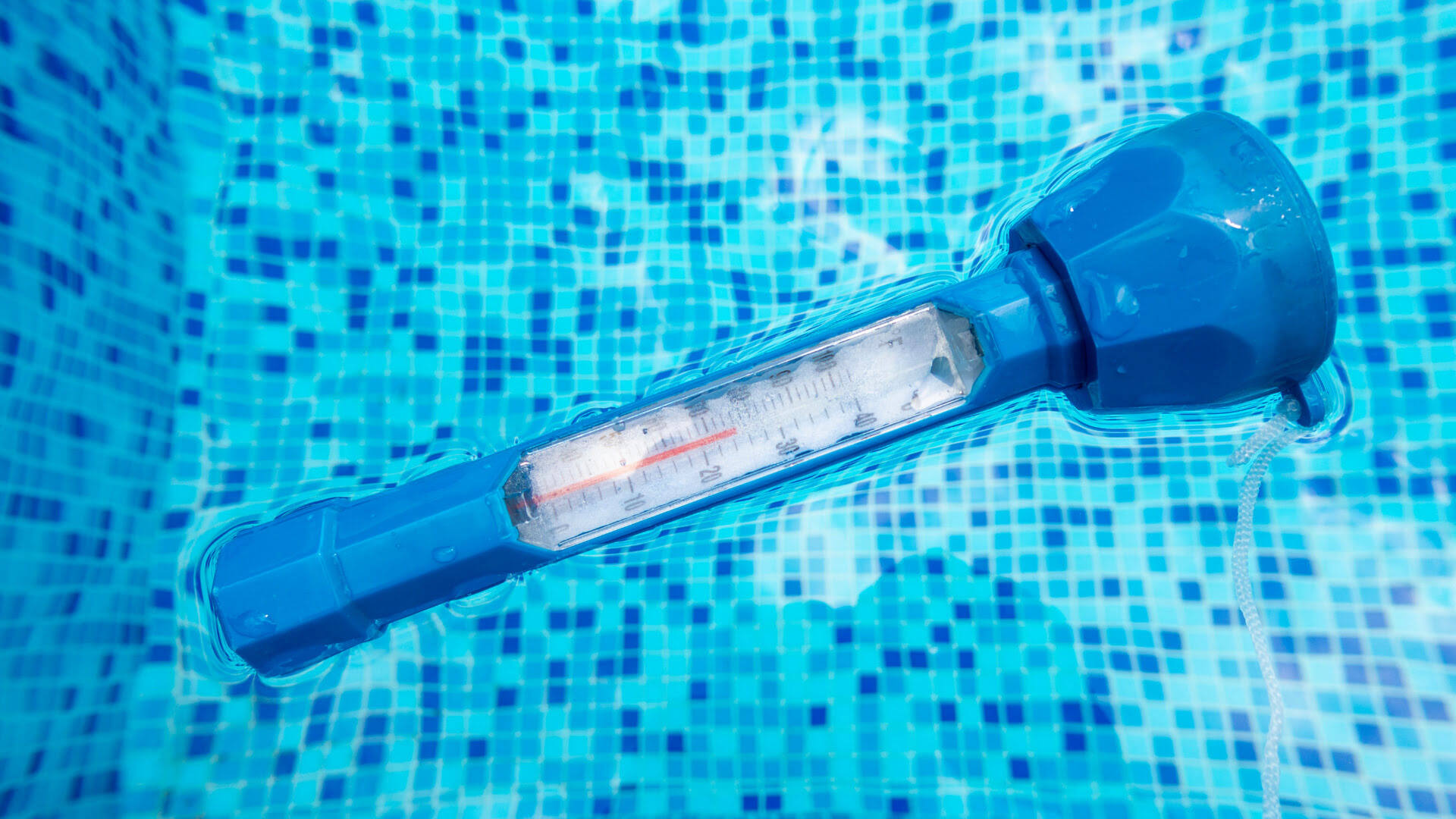
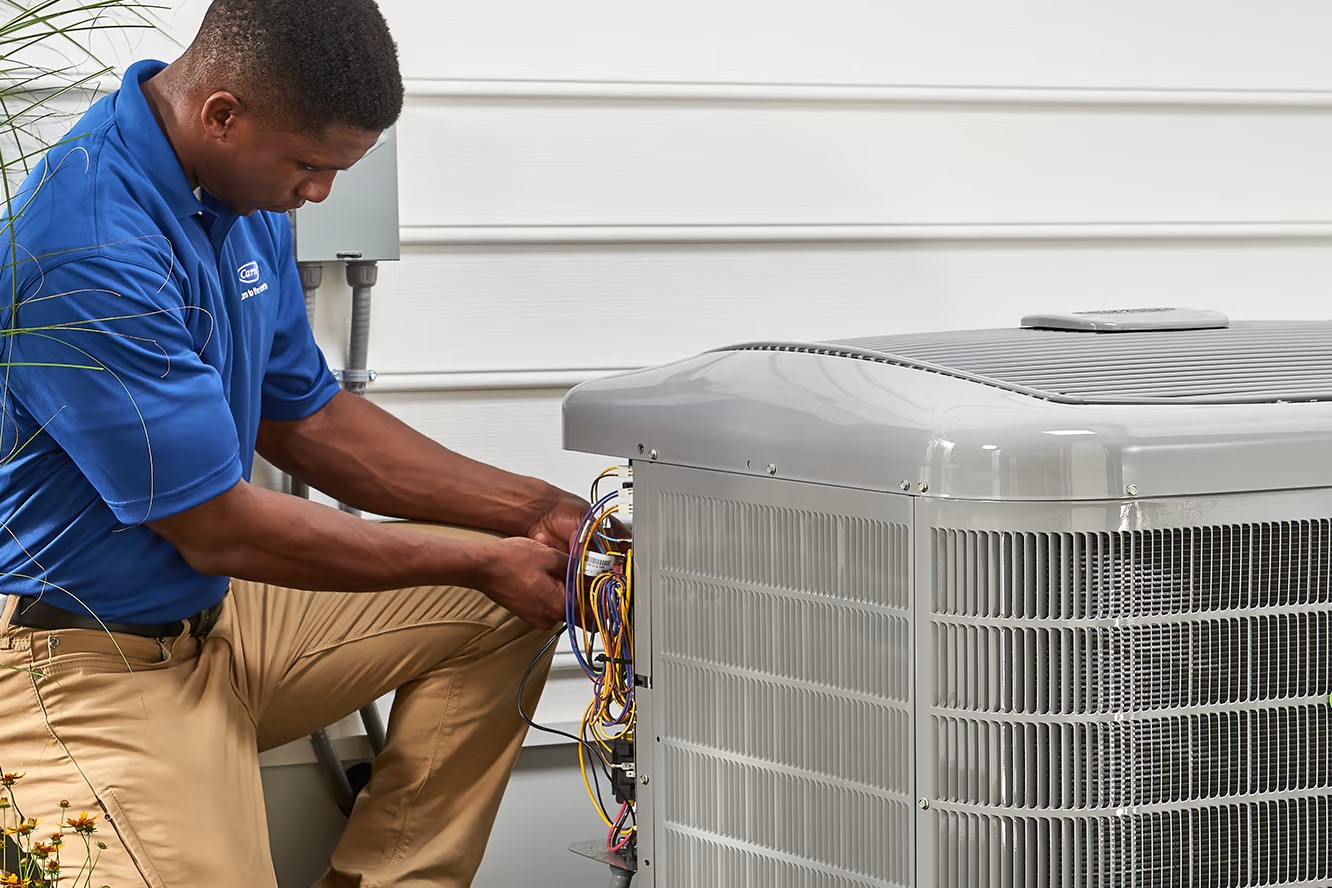
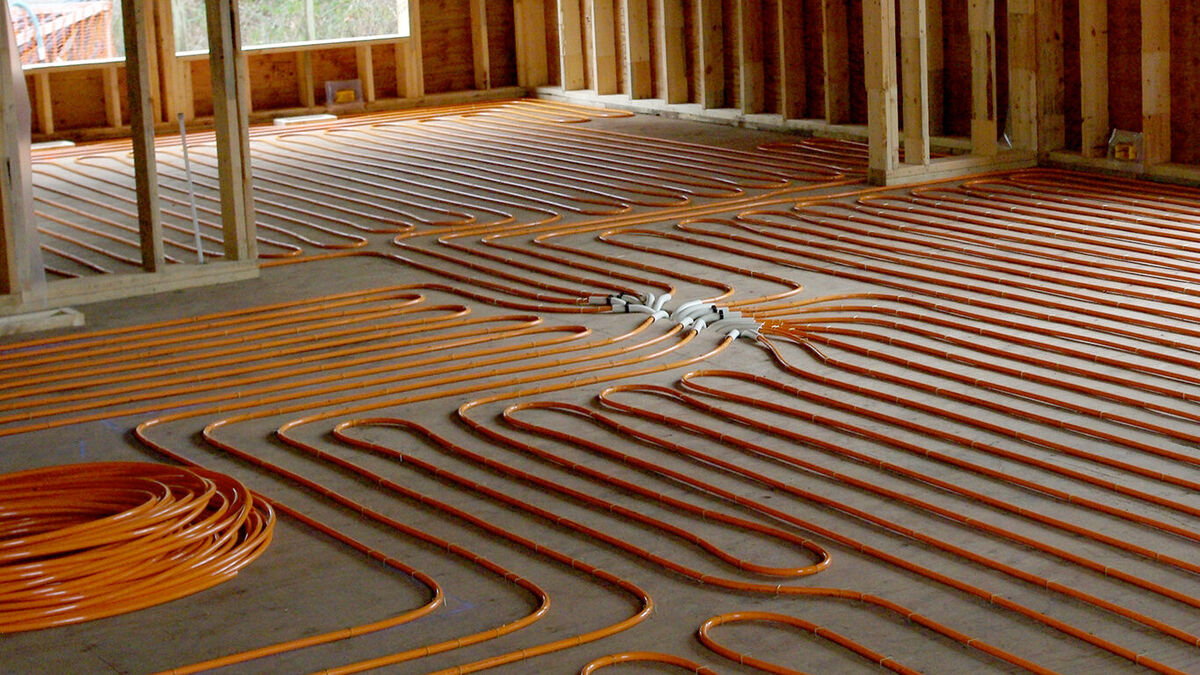
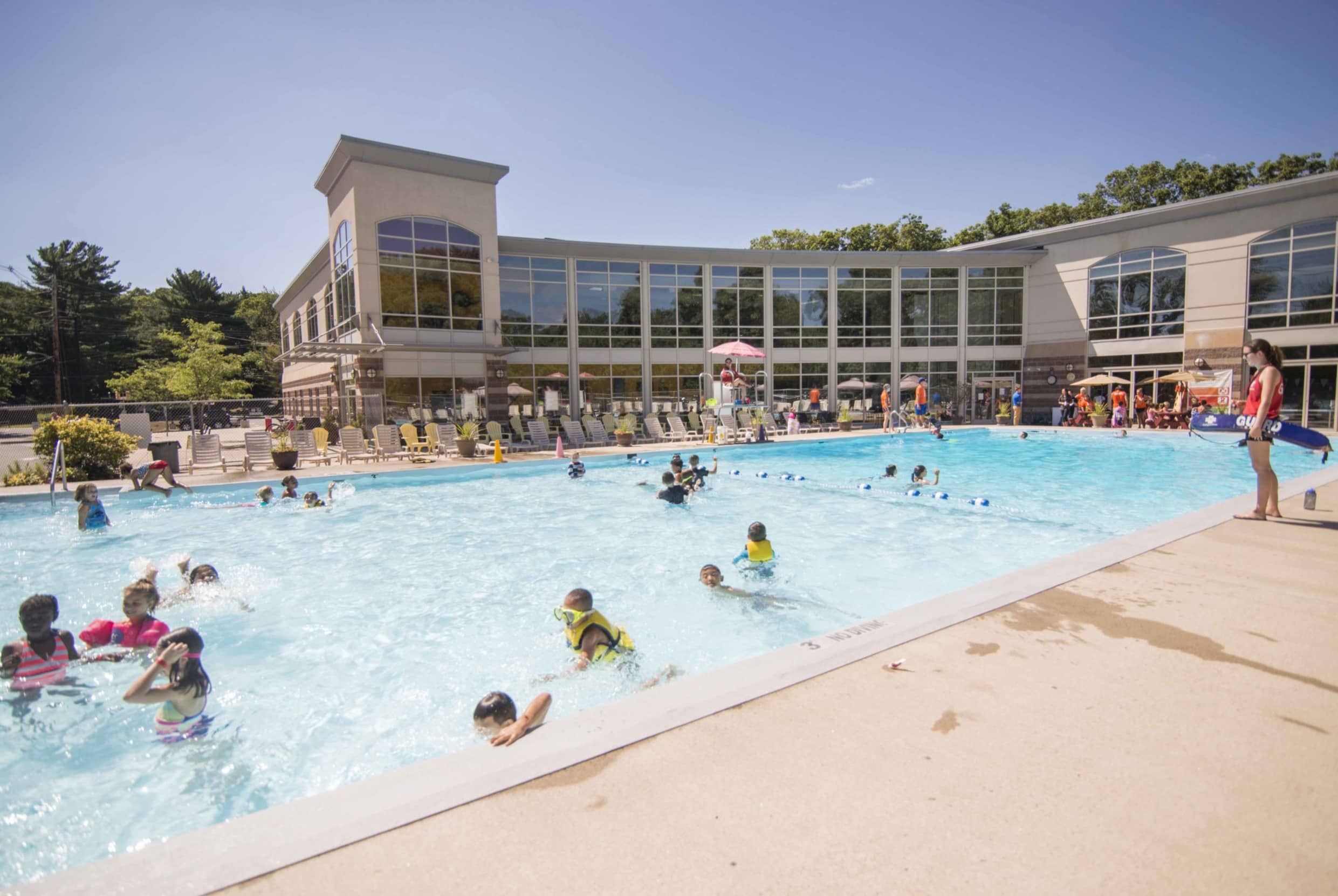
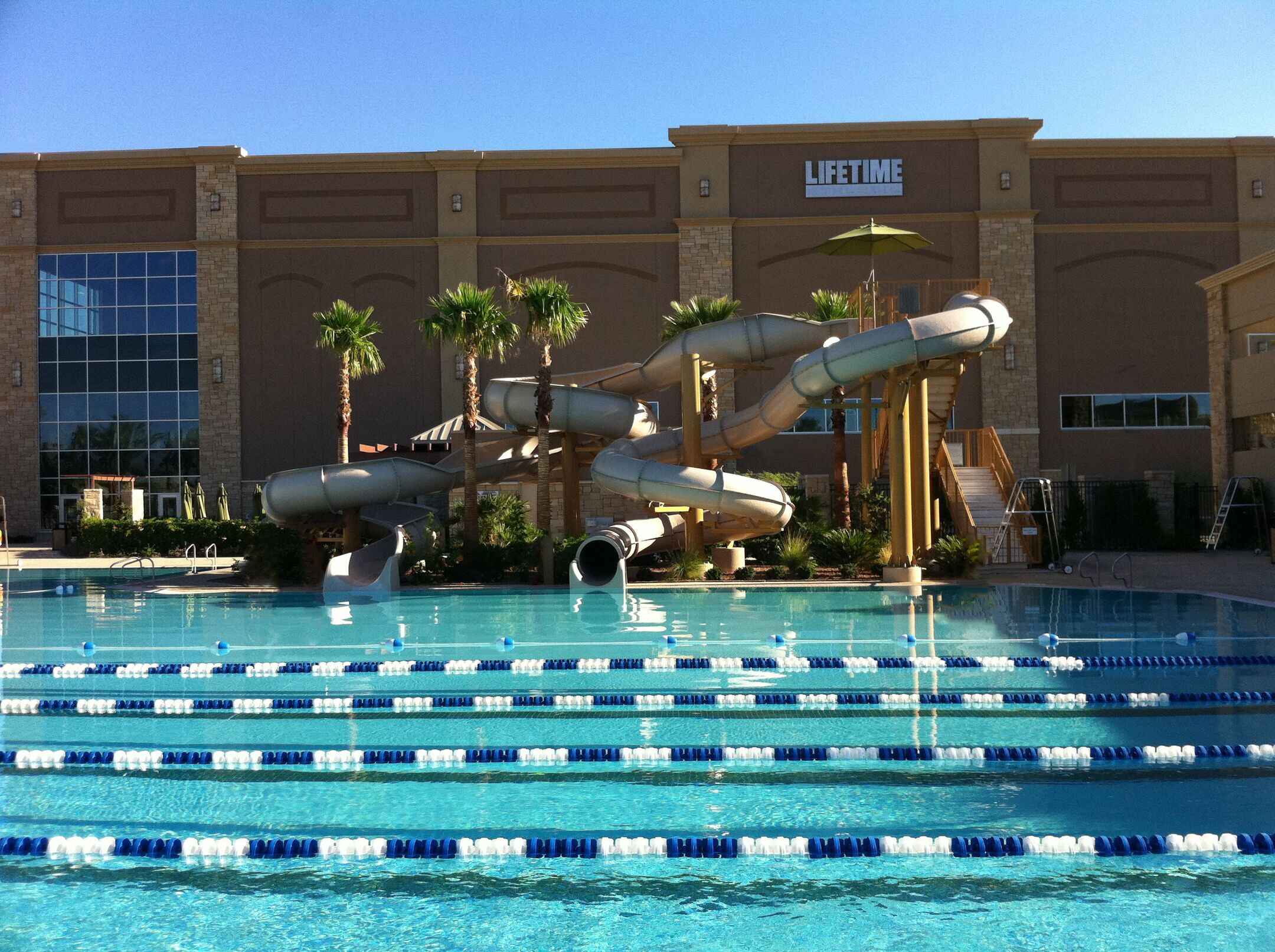
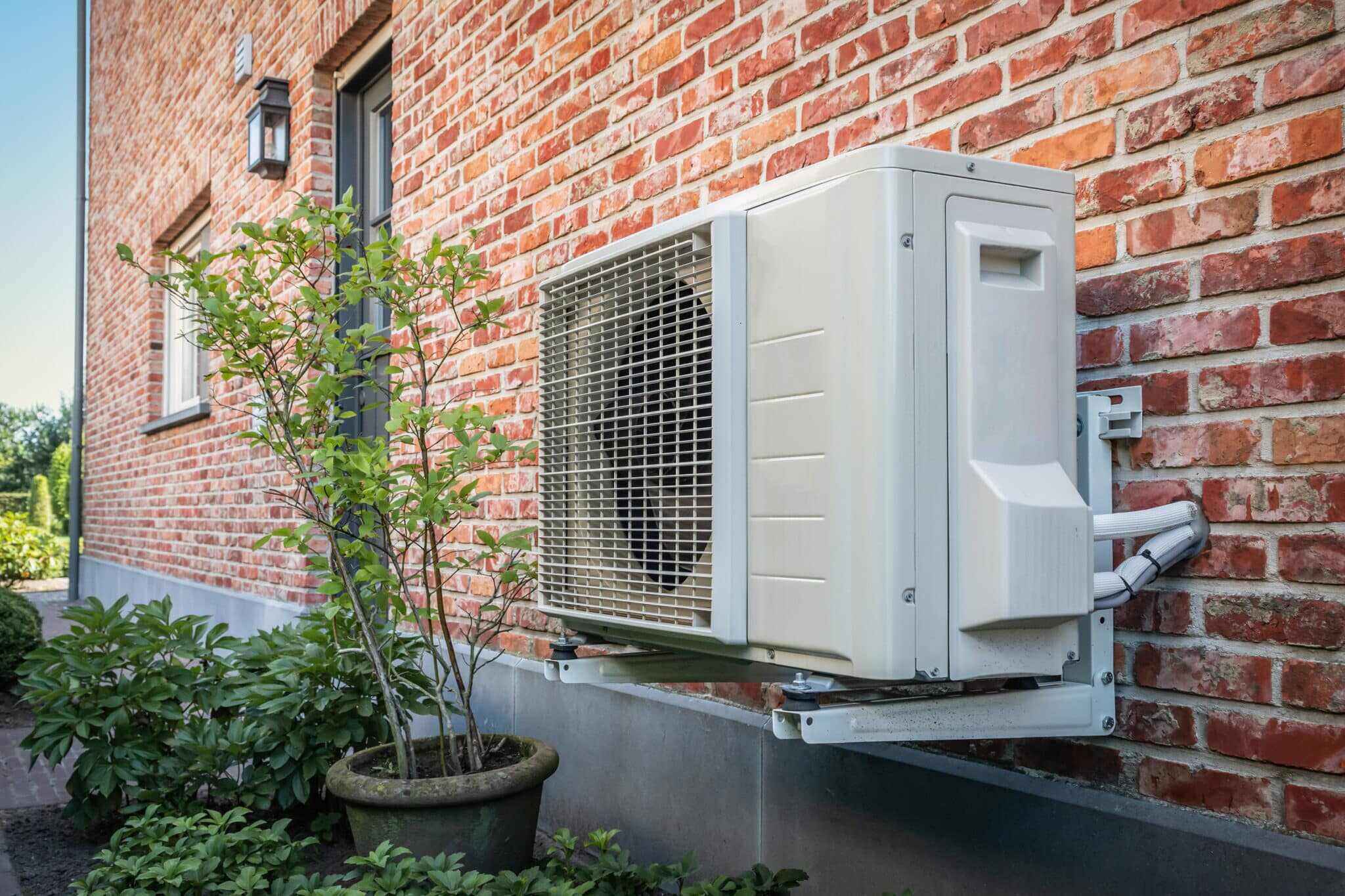
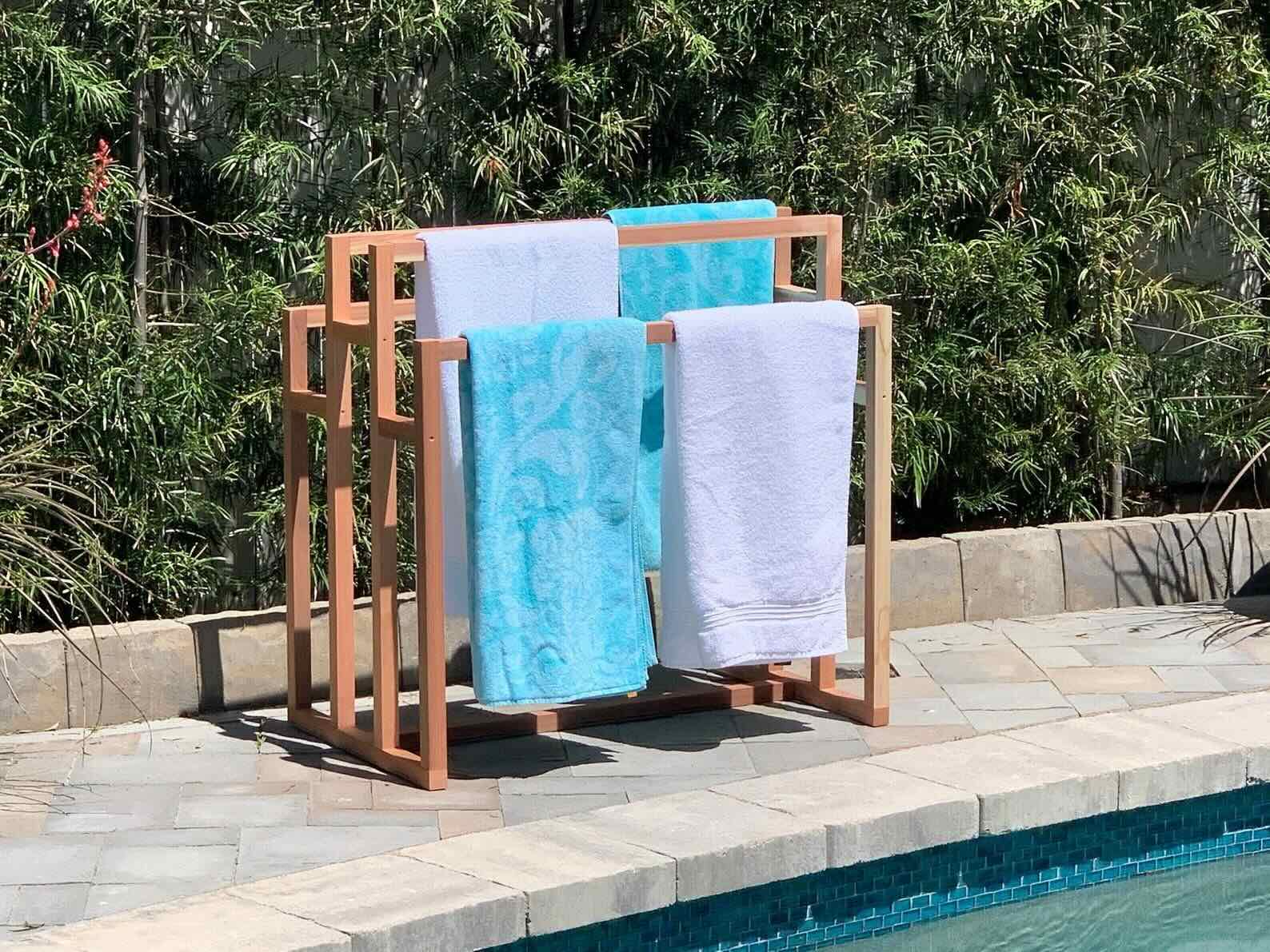
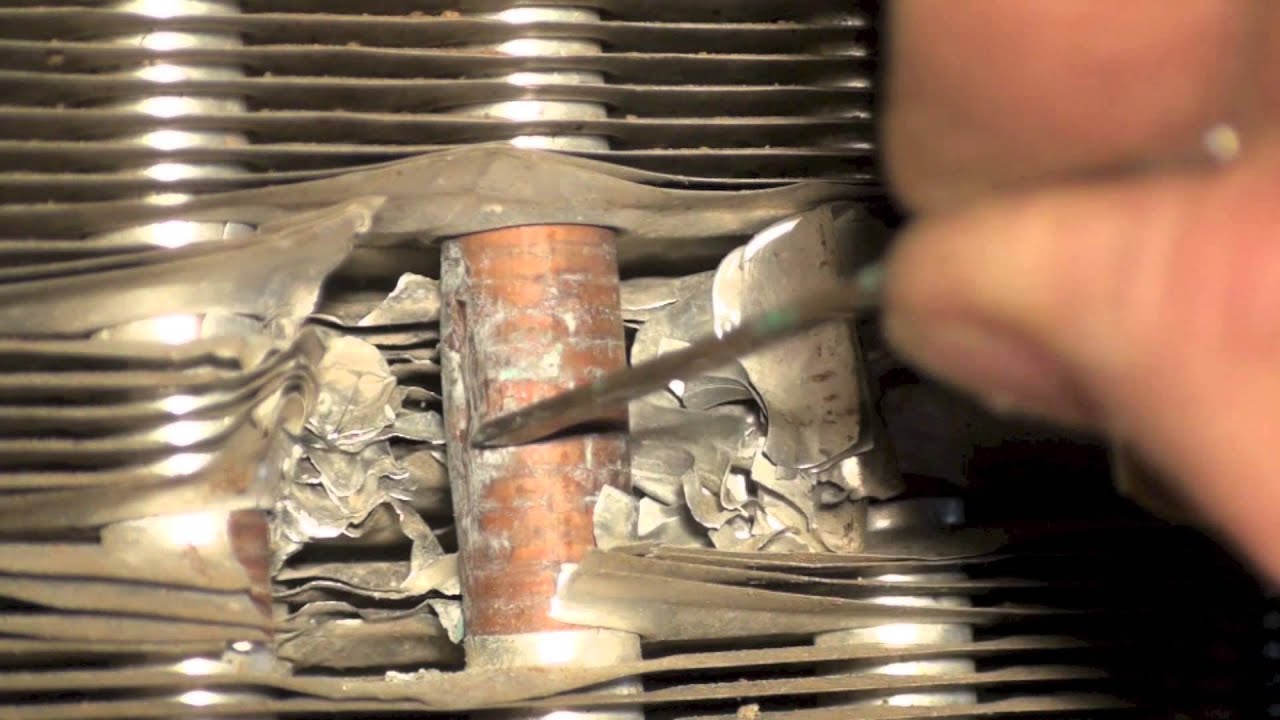
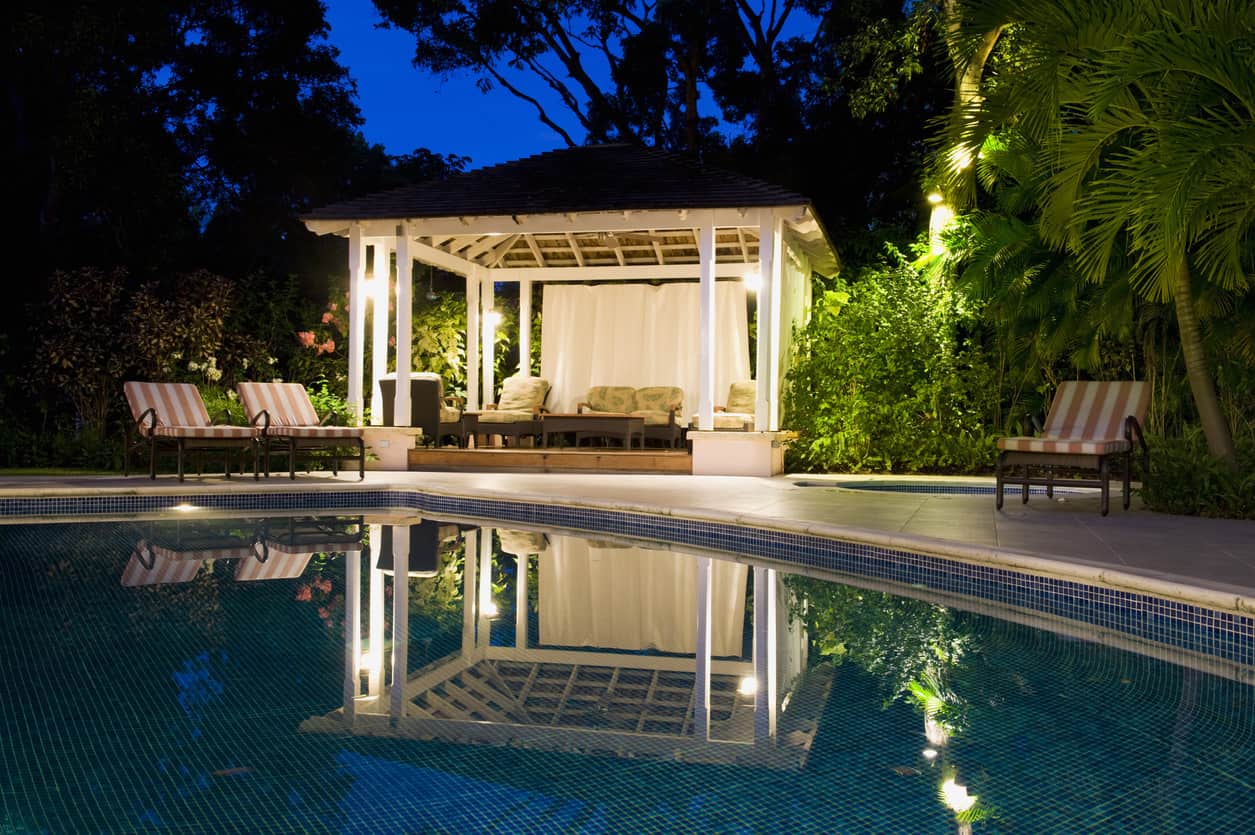

0 thoughts on “How To Heat An Outdoor Pool”